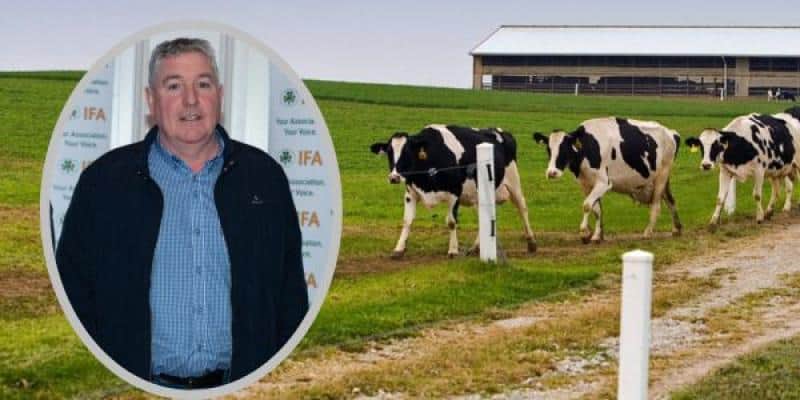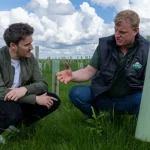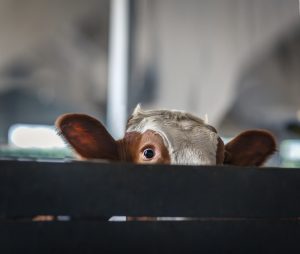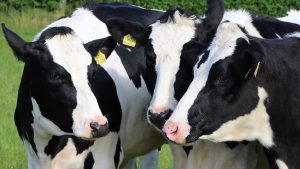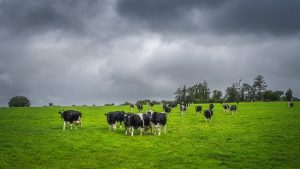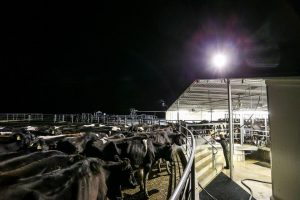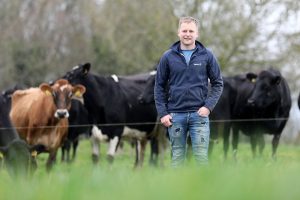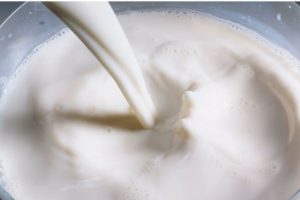
Up to 65,000 dairy cows a year could be culled under plans by the Department of Agriculture as they look to ‘close the gap’ on emissions.
Dairy farmers in Donegal are facing ‘turbulence and uncertainty’ after the emergence of a Government document proposing the culling of 200,000 cows over a three-year period.
Up to 65,000 dairy cows a year could be culled under plans by the Department of Agriculture as they look to ‘close the gap’ on emissions.
While Department chiefs, with the sector needing to meet climate targets, describe the paper as a ‘modelling document’, farmers are becoming increasingly concerned at the rumblings.
“We accept that they need to change to meet climate goals and targets, but I don’t know if they all can be met at the one time, even within the next three years,” Joe Sweeney, the Chairperson of the Donegal Irish Farmers Association, told Donegal Live.
“It’s easy to sit and say that we’re setting this target and that target. There is a lot of fear and uncertainty among all livestock farmers, who are feeling as if they are being squeezed and pushed out.
“It is going to be a challenging period with the turbulence and uncertainty in agriculture, full stop.”
Macra na Feirme’s National President, Elaine Houlihan, called the proposal ‘a complete knee jerk report that is very damaging for farming, rural communities . . . and flies in the face of promoting generational renewal in agriculture’.
Agriculture is Ireland’s single biggest greenhouse gas polluter – accounting for 37.5 per cent of the country’s emissions in 2021 – and dairy cow numbers rose to 1.6 million in 2022. In the last ten years, there has been a 40 per cent increase, but beef cow numbers have fallen by 17 per cent in the same time.
The Donegal branch of the IFA has meet with the Department of Agriculture and the Minister for Agriculture, Donegal TD Charlie McConalogue.
“For the dairy farmer to stand still, he’ll need extra land,” Mr Sweeney said. “Either he gets more land or he reduces cow numbers. This will put more pressure on the suckler, sheep and tillage farmers.
“I felt as if they missed an opportunity for farmers getting out of the suckler scheme.”
